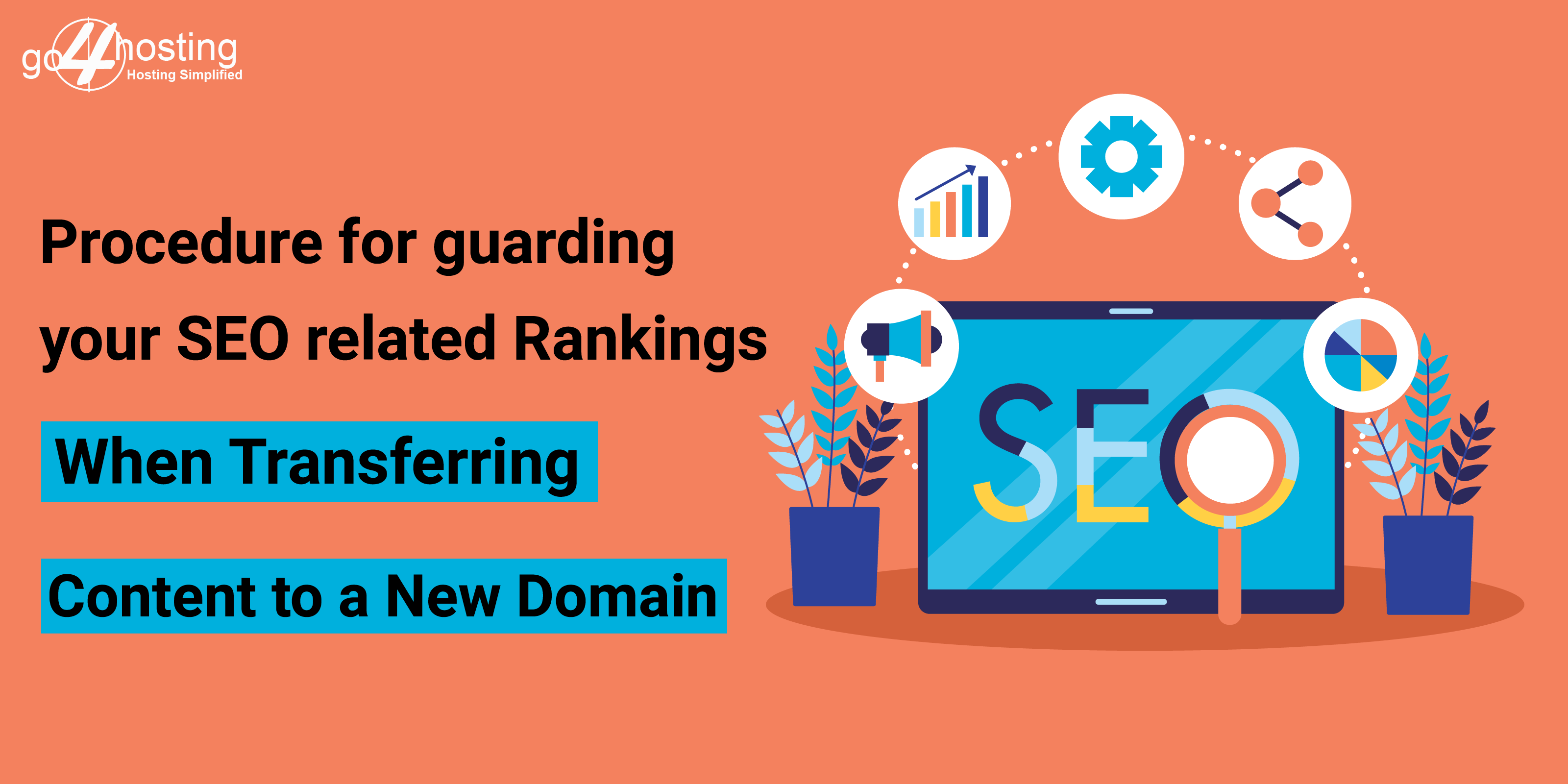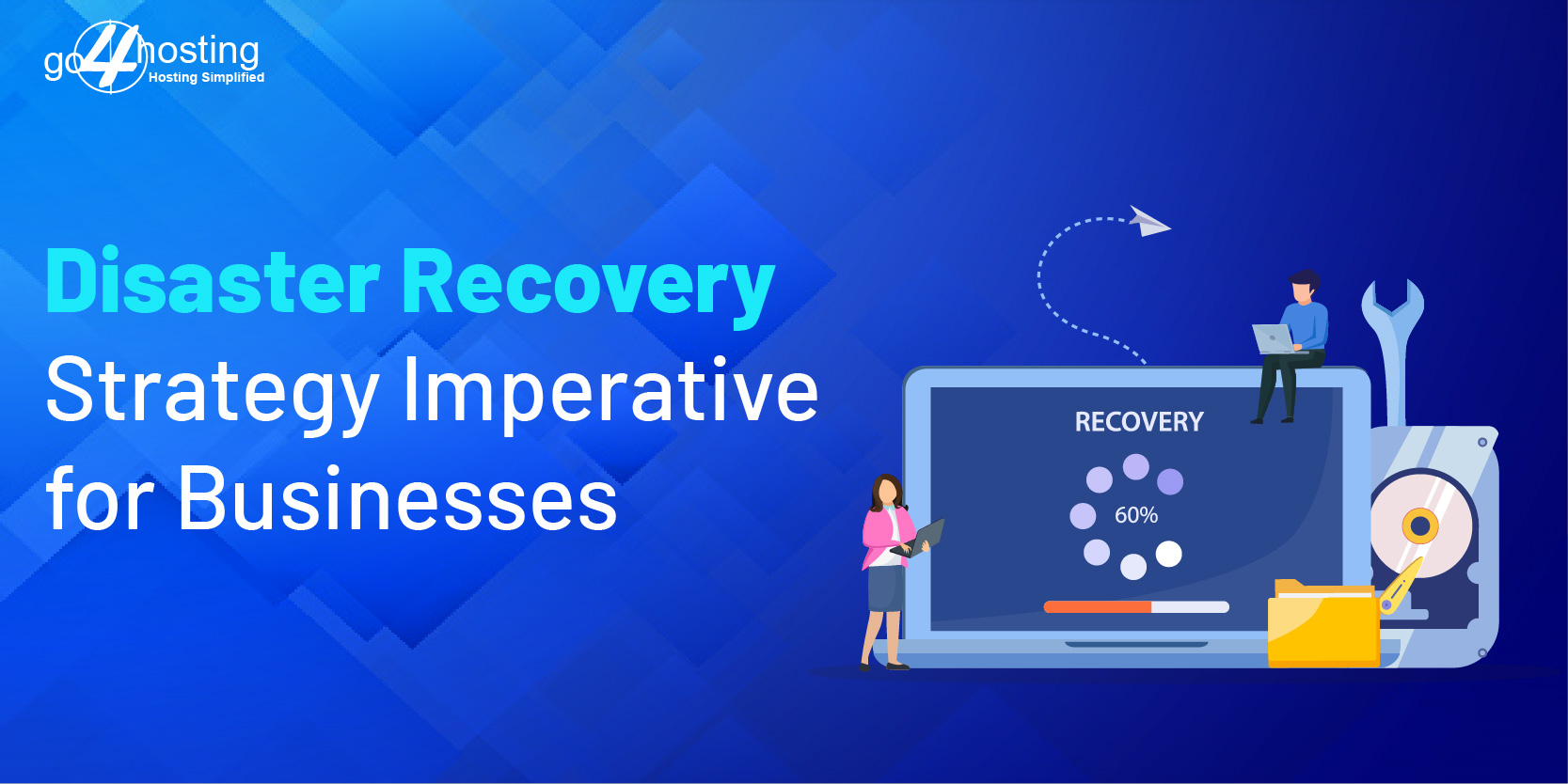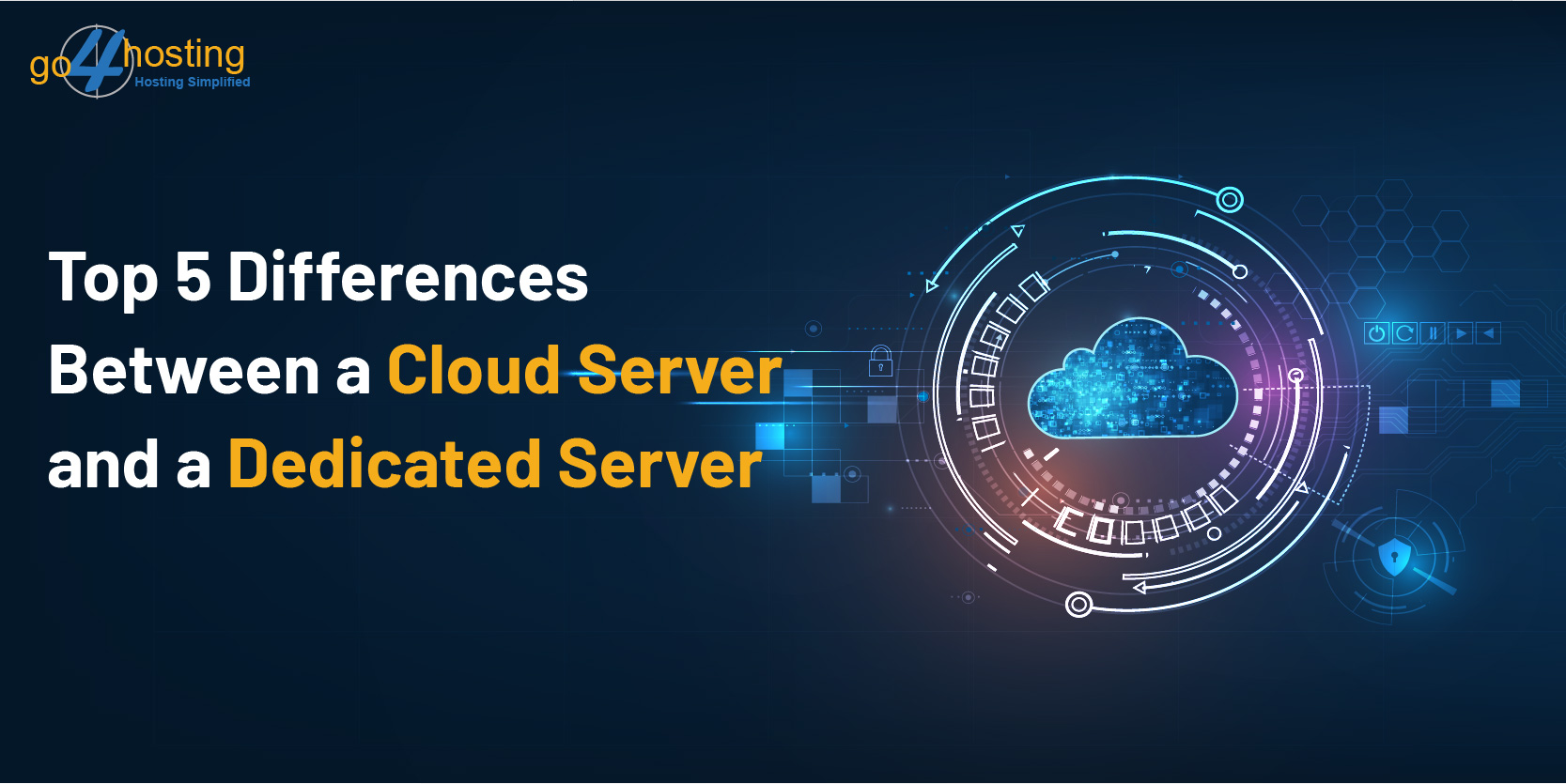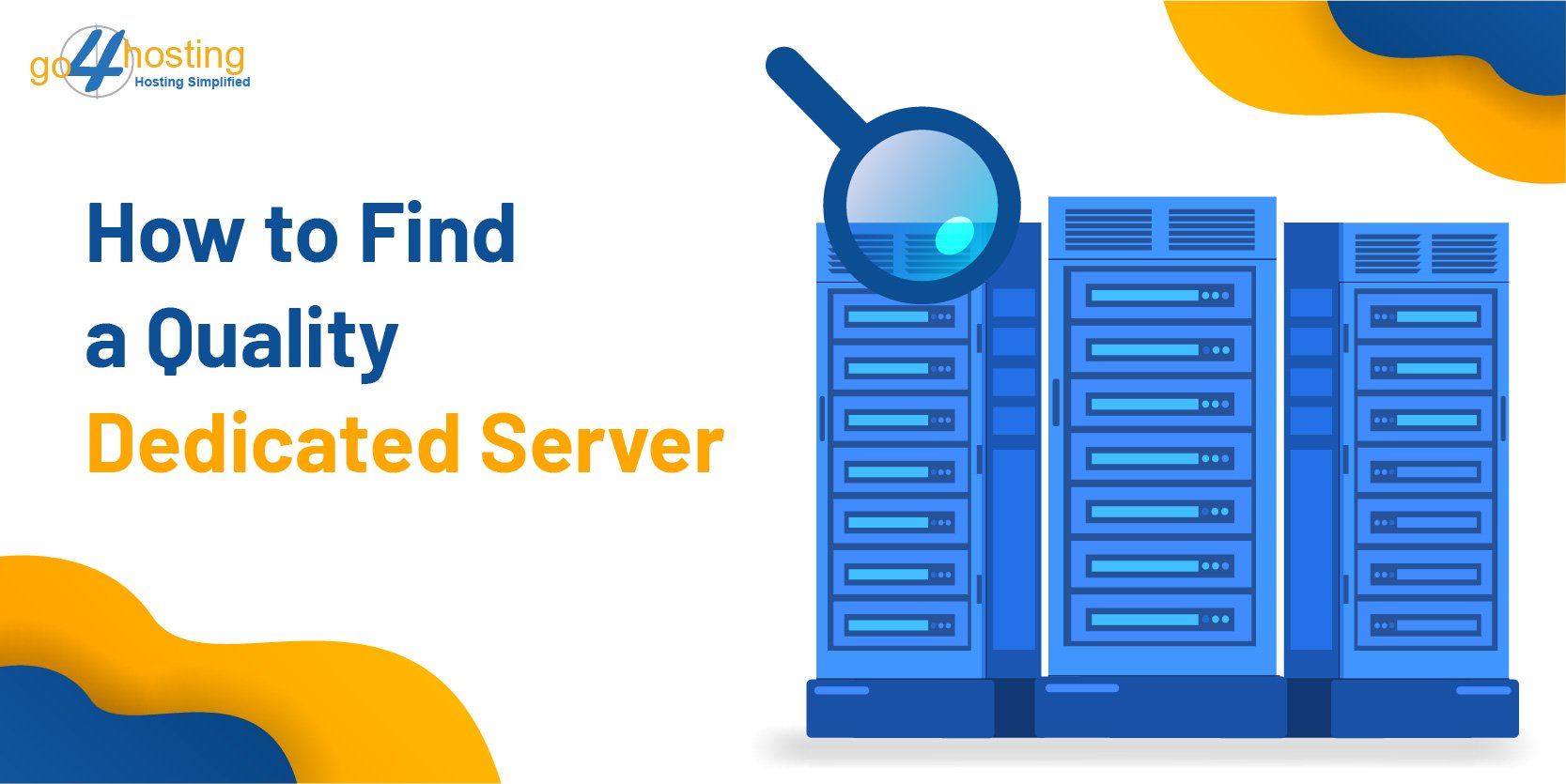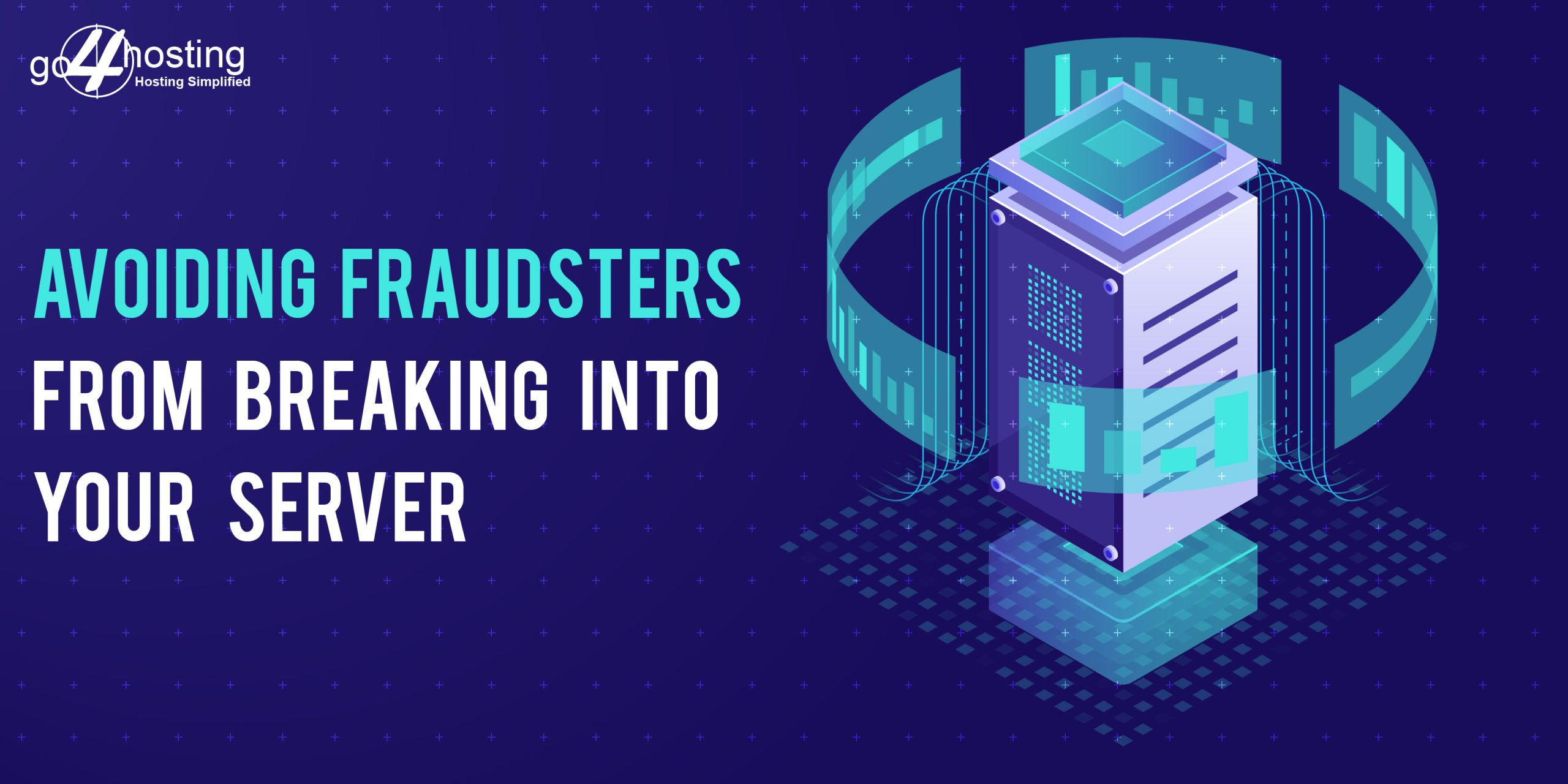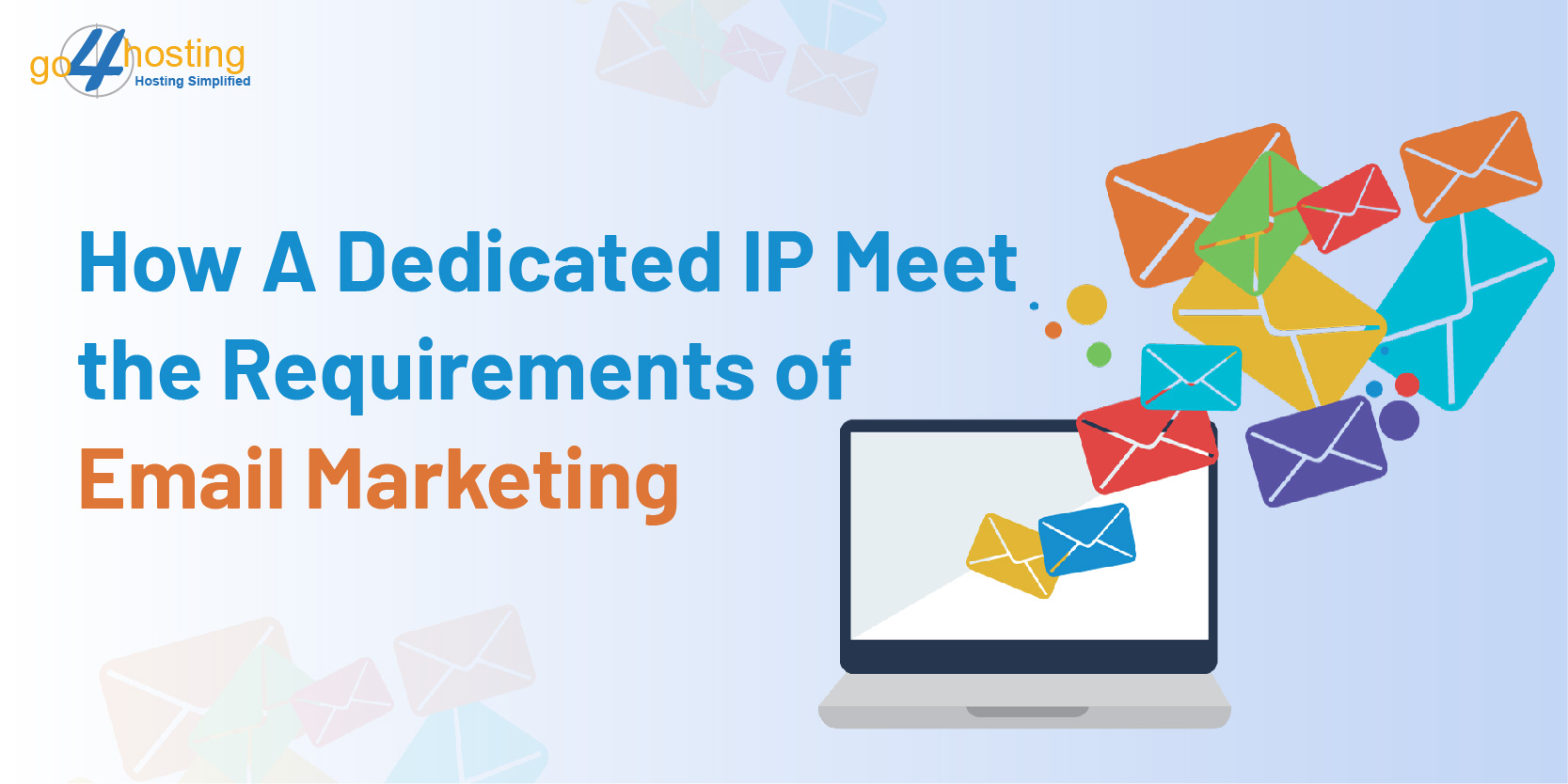It generally becomes quite scary for migrating a well-built, long-standing WordPress site. But it becomes even more stressful if the website owner tries to change their domain name for reasons that cannot be overcome. They may have invested their time and endeavors for garnering their site’s ‘SEO’ based ranking and are faced with throwing everything away when they have to migrate to their latest domain name!
The good news is that there is hardly any requirement for website owners to worry to any great extent. Google is well aware that various people might require migrating their domain names at some point in time, and hence they have made it fairly easy for managing their SEO Hosting based ranking while shifting domains. To be sure, website owners can follow the appropriate steps, and this is what this particular guide is going to explore.
Why there is any need for Changing Domain Names, Anyway?
Whenever feasible, it’s positively better to stay with your existing domain name. However, there may be some eventualities within which a switch is pretty useful (or downright necessary):
1. Customers are provided with access to a domain name which is undoubtedly more suitable as compared to the present one. Typically, this happens as a result of the previous owner letting their registration lapse.
2. Customers domain name gets punished by internet watchdog organizations. Optimistically this should never happen but if in case it does happen, switching domain names is a method to get into the game again.
3. Customers rebrand domain by choice. Typically corporations or people might rebrand for a wide range of reasons. Switching domains is an important part of a rebranding.
With so many reasons for switching domain names, let’s probe the particular methods of migrating customers’ content on to a new domain while simultaneously conserving SEO rankings.
Three Necessary Notes Before Starting
Initially, measure all the concerning factors for avoiding a significant loss in SEO ranking. Customers’ websites can probably expect a short term dip during the procedure of migration. If we follow the migration properly, however, customers might reduce this loss and come out again at the original SEO positions, or even higher than before!
Secondly, we will presume that users have a full backup of their website. If not, plan a clear backup just in case even one thing goes wrong with the process of migration. If users are undecided on the way to do this, we are always there to help.
Third, users might still be compelled to maintain possession of their recent domain name, albeit without utilizing it for their new website. Redirecting is mandatory to make sure that redirected users add to the new domain traffic during this migration.
Step 1: Copy Your Existing Web Site and Every Bit of Content to Your New Domain
Before the customers begin redirecting, they are advised to form a perfect copy of their web site at their new domain. They will utilize the various plugins for easily duplicating their existing WordPress (or any other CMS with plugins for migration) web site.
While customers can perform the migration process manually, we positively advocate automated apparatus. Here’s the reason.
Automatic migration tools help in updating existing URLs to the new domain. If users migrate manually, they can update the ‘uniform resource locator’ (URL) within the WordPress dashboard, however that won’t update all of the inner links they have utilized in various posts or pages. Automated tools will mechanically update all of those particular internal links, and that makes the process simpler.
Once the web site is ready at the new domain with all of the correct inner links, users ought to flick through it and make certain everything is functioning appropriately, and ensure the concerned links work and no broken links or images exist.
In the upcoming step, users may forward all the traffic from the past website to their new site. Should go without saying: the new web site must be 100 percent able to manage this live traffic.
Step 2: 301 Redirect the Previous Website to Your New Website
Users should use ‘301 redirect’ from the previous website to the new site such that every human and search engine robot is going to notice the proper (new) page.
Why ‘301 redirect’? As a result of a ‘301 redirect’, the system informs browsers and various search engines that the page has migrated permanently. This is mandatory so that ‘Google’ and various search engines pass on traffic to the new pages.
Users ought to pay attention to the ‘.htaccess file’. For doing that, use an FTP program to access the WordPress site’s server. The ‘.htaccess file’ will be in the ‘root folder’ of the concerned site. There are similar ones that incorporate necessary documents like wp-config and wp-admin. Download these important files and keep a duplicate. Keep the first copies undisturbed. This can be another backup just in case something goes faulty with the redirects.
If users are preparing for changing the concerned ‘URL’ structure, they will be manually redirecting each individual link on their site. This is time-taking but it happens to be mandatory.
After the user has saved and then uploaded the latest version of the particular .htaccess file, the traffic to the concerned previous site must be redirected towards the corresponding URLs across the latest site. Users must perform manual testing for making sure such redirects are operating suitably.
Once their manual tests are successful, they must utilize the ‘Fetch’ as ‘Google tool’ under the ‘Google Search Console’ for ensuring Google is suitably redirected to the new site.
Step 3: Instruct Google to Modify the Name
Now that all traffic is going to their new domain name, users must inform Google regarding the amendment. Whereas Google can ultimately understand the amendment over time, completing the official form makes the transition simpler and ensures that customers don’t lose out on their hard-earned SEO rankings.
If customers have not validated their previous domain within the ‘Google Search Console’, they ought to do this pronto!
Once the previous web site is verified, they furthermore ought to verify their new web site by repeating the method. It’s mandatory that each site is accurately registered within the ‘Google Search Console’.
Once each site is verified, they will be able to fill out the amendment of address by pressing on the gear icon at the right of the dashboard for the previous domain name and following the procedure laid out therein.
Step 4: Submit a Brand New Sitemap
After informing Google regarding the amendment of address, it’s additionally a decent plan to submit a sitemap for the new domain name. For doing that, users must produce an XML website map for their new site. Then, they submit that sitemap to the ‘Google Search Console’ in a few simple clicks.
Step 5: Monitor the Google Search Console for Any Problems
Because users have created some significant changes in their website, it’s a decent plan to have an eye fixed on the ‘Google Search Console’ for any type of classification problems Google might run into. Verify reports such as index count, crawl errors, and search queries to be positive that the new website is obtaining indexes and being crawled properly. Users must be on the lookout for any error messages from Google within the ‘Search Console’.
Step 6: Update Incoming Links as Active
Now is the time to update old links to their new names. Of course, the 301 redirect can still send people that utilize their previously saved domain. However, it’s invariably better user experience when users travel straight to the new domain.
Users must conjointly ensure that each social network or profile page they have got have been updated to reflect the move to the new domain.
Step 7: Apprise Your Users Concerning the Migration
This may not have an instantaneous impact on the SEO ranking, however it’s necessary in the long run for readers to grasp the domain switch. This removes confusion and makes sure they link to the right computer address for the future.
There are 2 ways to do this:
1. Write a post on the new web site discussing the modification.
2. Produce a custom 404 error page for the new web site to catch people that might have clicked on any improperly redirected link.
Step 8: Monitor, and Incorporate Feedback
We have carried out everything doable to reduce the impact of a site modification on SEO ranking. All users expect Google to completely index their new website and shift it up within the rankings. But, users will probably see a short lived drop in SEO rankings. No worries, this is usually a matter of time and gives the opportunity to rethink SEO plans.
Wrapping Up
Optimistically, migration to a new domain is beneficial! Shifting everything to a new domain is arduous, and our objective is to assist in employing that method in as ‘pain free’ and ‘anxiety free’ manners as they can be. We look forward to assisting you in migrating to a new domain: don’t hesitate to talk to us!

